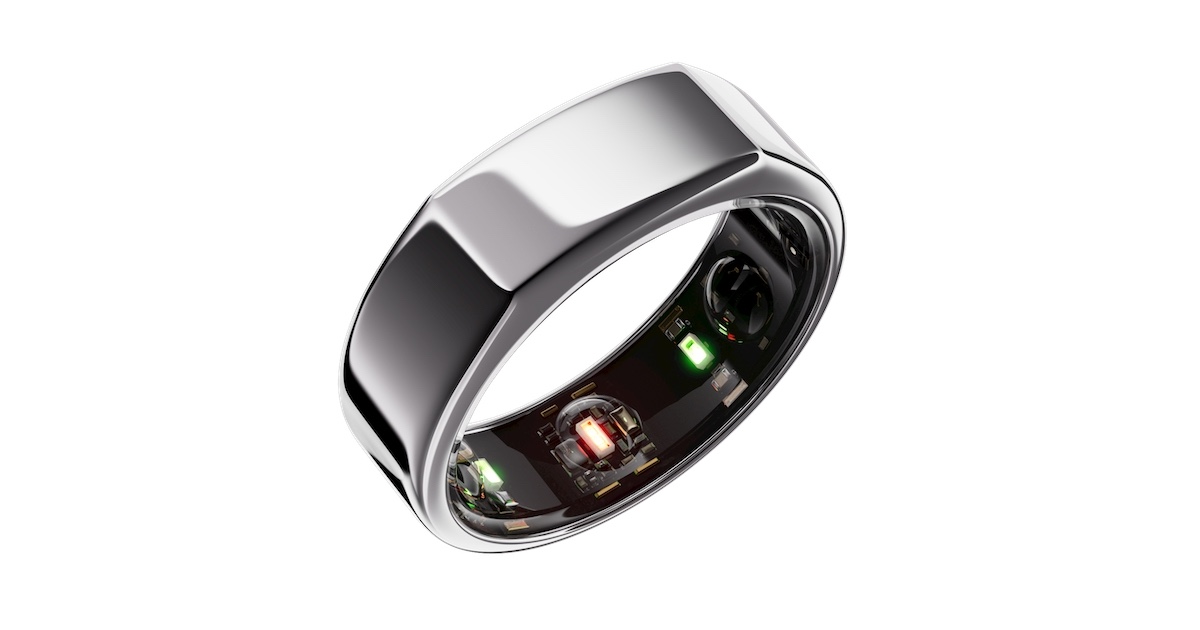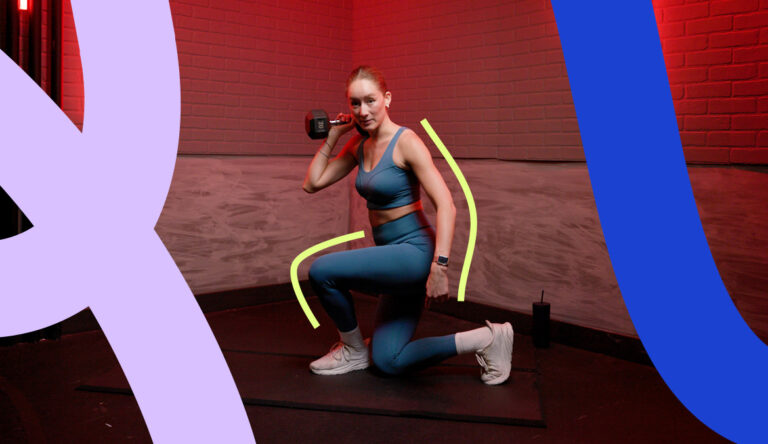
Finland-based Oura, the maker of its namesake health tracking ring, announced it added two heart health monitoring features to its Oura Ring wearable device, Cardiovascular Age (CVA) and Cardio Capacity, which will be available later this month on Oura Ring Gen3 devices for both Android and iOS.
The CVA feature uses data from the device to estimate a user’s cardiovascular age relative to their actual age.
The assessment is based on analyzing age-related patterns within the photoplethysmograph (PPG) signal, which provides insights into arterial stiffness and pulse wave velocity (PWV).
After using the Oura App for at least two weeks, users receive a CVA metric indicating if they are trending below, above or in alignment (within five years) with their chronological age.
The app then offers insights into potential behaviors that could positively impact their long-term health.
The Cardio Capacity tool offers insights into a user’s overall cardiovascular health. It is centered around the estimation of VO2Max, a key indicator of aerobic endurance that measures the level of oxygen an individual can use in strenuous exercise.
To utilize this feature, Ring owners complete a walking test, which allows the platform to establish a baseline VO2Max that translates to Cardio Capacity.
The company partnered with cardiologists and scientists at the Kuopio Research Institute of Exercise Medicine and the University of California, Los Angeles to develop the algorithms.
To help individuals manage their CVA, Oura offers personalized strategies on a weekly and monthly basis for improving or maintaining it, crunching data gathered from the CVA and Cardio Capacity metrics.
Users also receive recommendations for enhancing sleep quality, physical activity and stress management.
“Prioritizing cardiovascular health is crucial for extending healthspan, as it supports physical vitality and resilience and reduces the risk of chronic diseases,” Dr. Shyamal Patel, senior vice president of science at Oura, said in a statement. “We’re committed to continued investment and development in heart health and look forward to continued expansion in this critical area.”
THE LARGER TREND
Oura debuted on Kickstarter in August 2015 and has since formed numerous partnerships.
In 2021, the company scored $100 million in Series C funding and, in 2022, announced its valuation reached $2.55 billion.
Oura also announced a partnership with the birth control app Natural Cycles in 2022. Through the partnership, Oura wearers can use temperature data and menstrual cycle information to determine their fertile window and prevent pregnancy.
Users can also sync temperature data recorded from the Oura Ring into the Natural Cycles app instead of taking their temperature manually each morning.
The company launched Oura for Business at the end of December. The service supplies individuals with personalized insights while providing customized tools and recommendations for leaders based on group data.
Last year, the wearables company acquired digital identification startup Proxy in an all-equity deal. Proxy offers digital identity tech that aims to replace keys, cards, badges, apps and passwords, and the startup said it is working to include its offerings on wearable devices as well as phones.
Oura also announced a partnership with teletherapy company Talkspace to allow Oura wearers to share their personalized sleep and daily movement data with Talkspace therapists.
Oura ring wearers can use the company’s Share Report feature to send information about their sleep quality and movement trends over a week, a month or 90 days. To share the report and utilize the services formed through the partnership, Oura wearers must also be Talkspace members.




